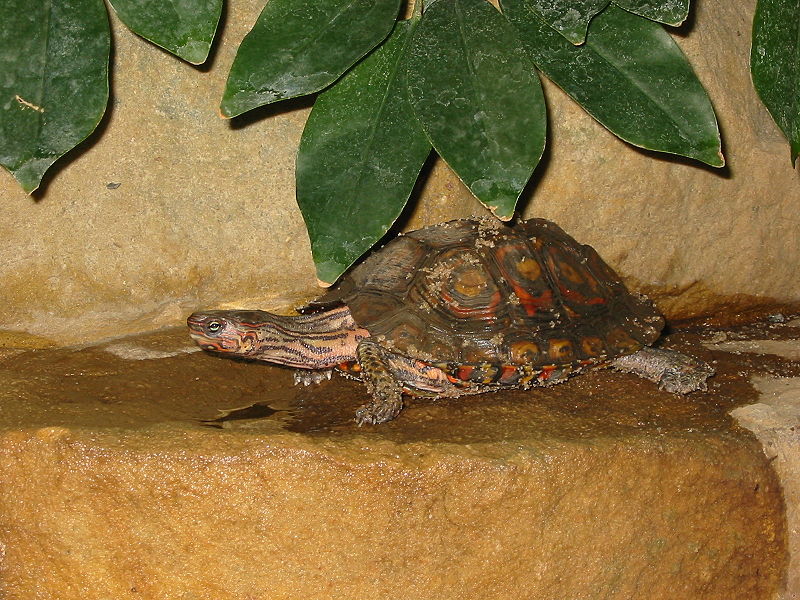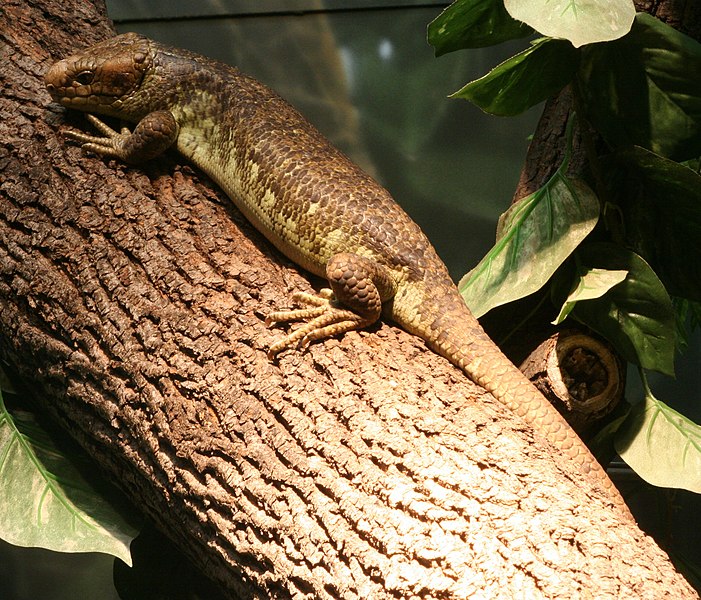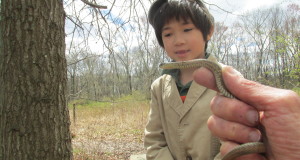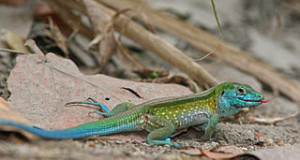
The Asian Turtle Crisis
A lack of funds and space in zoos led the establishment of the Turtle Survival Alliance, the largest turtle rescue effort ever launched. The Alliance was organized in response to unprecedented declines in freshwater turtle populations throughout Asia – a phenomenon that has come to be known as the Asian Turtle Crisis.
Soon after the group was formed, I traveled to Floridain the company of private and professional turtle enthusiasts to help rehabilitate and house nearly 10,000 turtles confiscated in China; many of the private sector people I met there now participate in rehabilitation and breeding initiatives in cooperation with zoos and museums.
Invertebrate Conservation
We know very little about the husbandry of most invertebrates, but when properly cared-for many species exhibit their full range of behaviors in small enclosures. Lessons learned by hobbyists while keeping over 300 species of insects, spiders and scorpions have been applied to conservation programs for the Karner Blue Butterfly, Red-kneed Tarantula and scores of other endangered animals. Similar scenarios apply to hundreds of reptile, amphibian, fish, bird and coral species.
Hobbyists Who Led the Way
 The endangered Solomon Island Prehensile-tailed Skink did not achieve popularity in zoos when first imported into the USA. Pet-keepers learned to breed it in captivity, and have built up huge populations. Today it faces almost certain extinction in the wild, but is secure in zoos and private collections.
The endangered Solomon Island Prehensile-tailed Skink did not achieve popularity in zoos when first imported into the USA. Pet-keepers learned to breed it in captivity, and have built up huge populations. Today it faces almost certain extinction in the wild, but is secure in zoos and private collections.
I learned a great deal from several “unsung heroes” whom I met as a boy and in my early years as a zookeeper. Some of these dedicated people were breeding generation after generation of Poison Frogs, Banded Tree Snails, rare tarantulas and other creatures at a time when most zoos could barley keep them alive. I could go on for pages…
Of course, today it is trendy, or “PC”, for professionals to downplay or deny the role that pet-keeping played in their career development – but, I assure you, the real pros all started out as youngsters interested in keeping wild creatures.
What Can I Do?
Today there are many ways that interested people, whatever their level of training or experience, can participate in conservation programs. From Earthwatch trips to county-run surveys, the possibilities are endless and exciting. Please see the articles below, or write in, if you would like further information.
Joining a herpetological society is a fine way to become involved in local and, in some cases, international conservation programs. Please check out the website of the New York Turtle and Tortoise Society for an example of the fine work being done by some privately-organized groups. Just this week, the NYTT’s day-long annual seminar featured presentations by several leading turtle biologists, including the legendary Peter Pritchard.
Further Reading
Volunteer Opportunities, Herp Field Research
Please see The Snail-Eating Turtle for an example of a species rarely seen in zoos but being investigated by private keepers.
Preparing for a Career in Herpetology
Rhinoclemmys pulcherrima manni image referenced from wikipedia and originally posted by Tornadohalt
Prehensile tailed Skink image referenced from wikipedia and originally posted by Dave Pape
 That Reptile Blog – Reptile, Amphibian and Exotic Pet Care and Information
That Reptile Blog – Reptile, Amphibian and Exotic Pet Care and Information



I totally agree with you on that Frank..
Privet collectors offer valuable knowledge to scientist and researchers all the time..
Just look at any book publication for any species and you would most likely find references to privet collectors and breeders..
Hello Mike, Frank Indiviglio here.
Thanks for your support.
Please let me know if you need any further information. Good luck, enjoy and please keep me posted.
Best regards, Frank Indiviglio.
Thanks, Frank, for bucking the ‘PC’ trend! While many of do this out of passion for the species we work with, and not the desire for fame and fortune, it is nice to hear that our efforts are recognized and appreciated.
Thanks for the kind words,Paul,
Re PC – when I first applied to the Bx Zoo, I mentioned my experience, from age 12 or so on, working for one of NYC’s largest animal importers, who supplied both zoos and the pet trade; I had cared for young chimps, kinkajous, etc, and every herp-fish-invert imaginable. I was told that it was best not to mention such experience, as the Bx Zoo was now a conservation-oriented organization – laudable, of course, but the animals came from somewhere, originally! Especially frustrating as part of my job had been to pack tarantulas, snakes and other creatures for transfer via van to the Bx Zoo!!
Best, frank